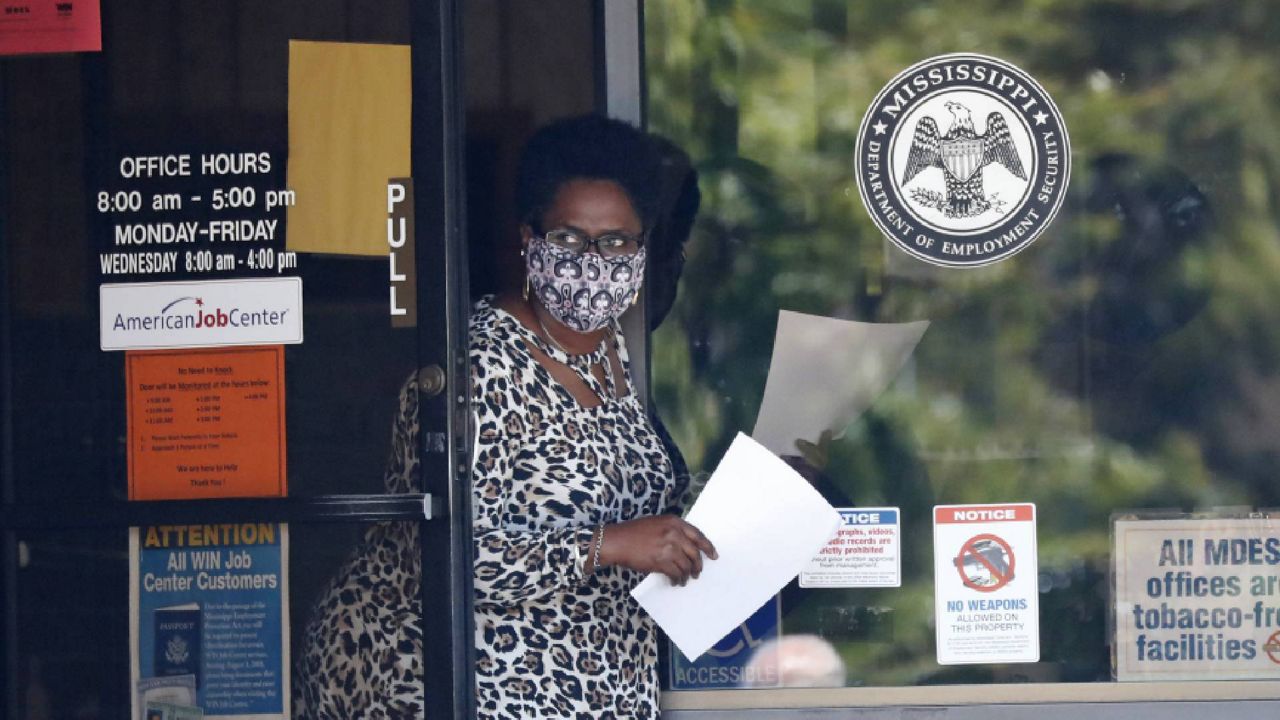Millions of Americans are set to miss a week of unemployment benefits due to President Donald Trump’s delay in signing the coronavirus relief deal, which he ultimately approved Sunday night.
The president's eleventh hour approval is likely to lead to a one-week gap in unemployment benefits for millions of Americans relying on federal aid, and it could mean millions more who are collecting state and other kinds of unemployment benefits will miss a week of the $300 supplement included in the economic relief deal.
The president’s signature came one day after a lapse in two federal unemployment programs that currently cover nearly 14 million Americans. Because unemployment benefits are often processed at the beginning of each week, which starts on Sunday in most states, it means that people who have been relying on federal unemployment likely won’t get a payment for this week.
Experts say states need time to implement any new federal programs and coordinate with the Department of Labor.
“[It takes] states a couple of weeks to program the new thing into their computers and test it and make sure that it all works correctly. As we got toward the deadline, we knew that there was going to be a lag,” said Michele Evermore, a senior policy analyst at the National Employment Law Project. “The big issue is signing on Sunday instead of Saturday.”
The delay will also impact the $300 weekly subsidy included in the relief deal, which would apply to more than 20 million Americans currently receiving unemployment benefits.
But the deal authorizes that additional aid for 11 weeks after the bill is officially signed into law. Because it was signed on a Sunday night, the first week authorized in the bill may not result in a payment at all.
States could make the missed payments available retroactively. That means millions of qualified Americans could see their benefits late next week or the week after, at the earliest. It could take longer depending on the state.
Still, the president’s delayed signature leaves millions of people with a gap in income both shortly after the holidays and after a Jan. 1 rent deadline.
“It seems doubtful to me that people will immediately get paid next Monday for this week, if they get this week at all,” Evermore said. “[But] whenever the new system is up and running, then they'll get two or three weeks worth of benefits.”
Spectrum News has reached out to the U.S. Department of Labor for comment.
